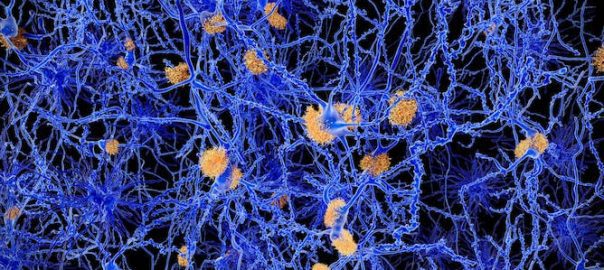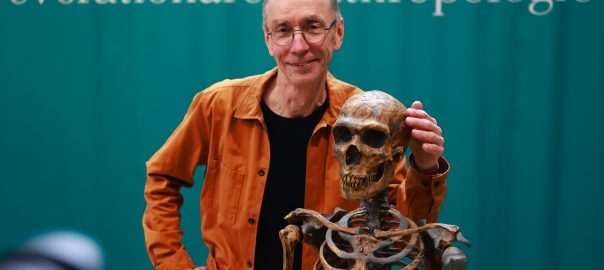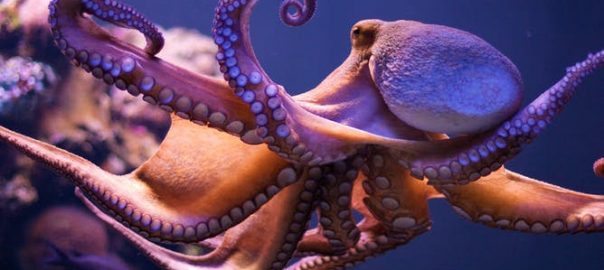Kelly Jakubowski, Durham University
You’re walking down a busy street on your way to work. You pass a busker playing a song you haven’t heard in years. Now suddenly, instead of noticing all the goings on in the city around you, you’re mentally reliving the first time you heard the song. Hearing that piece of music takes you right back to where you were, who you were with and the feelings associated with that memory.




